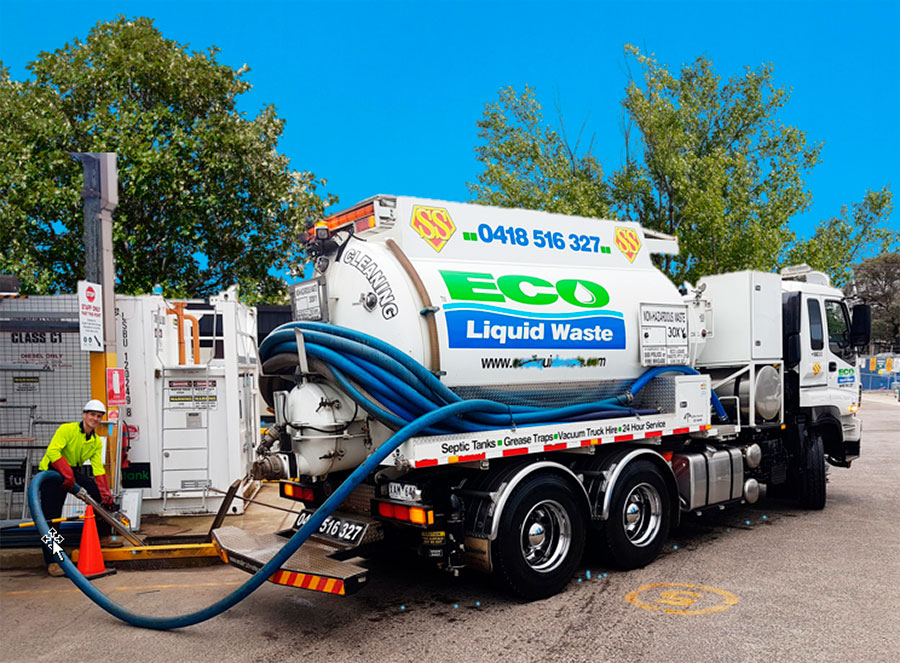The Only Guide for Reclaim Waste
The Only Guide for Reclaim Waste
Blog Article
Excitement About Reclaim Waste
Table of ContentsReclaim Waste Can Be Fun For AnyoneNot known Incorrect Statements About Reclaim Waste The Greatest Guide To Reclaim WasteThe 4-Minute Rule for Reclaim WasteThe Of Reclaim Waste
Domestic sewer waste refers to the waste and items from a residential septic storage tank. The appropriate management and disposal of residential sewage waste need fluid waste to be transferred to a sewer treatment plant where the proper methods and equipment are used to purify and dispose of waste.
Industrial waste commonly consists of potential hazards, such as combustible materials or a blend of fluid and strong waste items, and calls for an advanced and thorough disposal procedure. The disposal of industrial waste generally includes the purification of waste before transportation to make certain risk-free and appropriate disposal. Hazardous waste is produced from by-products and overflow of commercial procedures and manufacturing.
This type of waste can not utilize the same sewer monitoring transportation or procedures as septic or industrial fluids. The hazardous waste administration process needs the assessment and screening of fluid waste before it goes through the disposal process (liquid waste disposal). Overflow waste is the fluid waste that originates from runoff and excess stormwater in highly populated locations or cities
Runoff waste can cause contamination and flooding if not managed properly. Find out more about drain cleansing and waste administration. Guaranteeing proper waste monitoring can stop calamities and decrease ecological harm. Both individuals in household settings and professionals in commercial or production markets can take advantage of recognizing the processes and guidelines of fluid waste monitoring.
Some Known Details About Reclaim Waste
Contact PROS Services today to find out about our waste management and disposal solutions and the appropriate means to take care of the fluid waste you produce.
(https://myspace.com/reclaimwaste1)Do you know what happens to your water when you draw the plug, flush the toilet or drain the washing device? No? Well, it's worth understanding. This supposed 'wastewater' is not only a crucial source but, after therapy, will be released to our land, rivers or the ocean. Made use of water from toilets, showers, bathrooms, cooking area sinks, laundries and industrial processes is known as wastewater.

water used to cool equipment or clean plant and tools). Stormwater, a form of wastewater, is drainage that flows from farming and urban areas such as roofing systems, parks, yards, roads, courses and seamless gutters into stormwater drains, after rain. Stormwater streams without treatment straight to regional creeks or rivers, at some point reaching the sea.
The Buzz on Reclaim Waste
In Queensland, a lot of wastewater is dealt with at sewer therapy plants. Wastewater is carried from residential or industrial sites through a system of sewers and pump terminals, understood as sewage reticulation, to a sewer therapy plant. City governments build, maintain and operate most sewer therapy plants. Operators are certified under the Environmental Management Act 1994 to discharge treated wastewater at an appropriate ecological requirement into rivers.
The Department of Natural Resources suggests neighborhood governments about handling, operating and keeping sewerage systems and treatment plants. In unsewered locations, regional governments may call for homeowners to set up private or house sewage treatment systems to deal with domestic wastewater from toilets, kitchens, shower rooms and washings. The Department of Natural Resources authorizes the use of family systems when they are confirmed to be efficient.
Most stormwater obtains no therapy. In some new subdivisions, treatment of some stormwater to eliminate trash, sand and crushed rock has actually started making use of gross contaminant catches. Wastewater treatment happens in four stages: Removes solid matter. Larger solids, such as plastics and various other objects mistakenly released to sewage systems, are eliminated when wastewater is travelled through screens.
Wastewater then flows right into huge tanks where solids work out and are eliminated as sludge. Grease and scum are skimmed from the surface. Utilizes little living organisms understands as micro-organisms to damage down and get rid of remaining dissolved wastes and fine bits. Micro-organisms and wastes are incorporated in the sludge. Eliminates nitrogen and phosphorus nutrients that can trigger algal blossoms in our waterways and endanger marine life.
Not known Details About Reclaim Waste
Nutrient elimination is not available in any way sewage therapy plants because it calls for expensive specialized devices. It is ending up being more common in Queensland. Clear liquid effluent created after treatment may still have disease-causing micro-organisms. If this effluent is released right into waterways such as rivers or the sea, the micro-organisms will ultimately die out.

The majority of wastewater streams right into the sewage system. Under the Act, neighborhood federal governments provide approvals and permits for eco relevant tasks (Periods) entailing wastewater launches that could have a neighborhood influence.
Reclaim Waste for Dummies
Tracking provides valid details concerning water quality and can confirm that permit problems are being met. The information gotten through tracking offers the basis for making water high quality choices.
Report this page